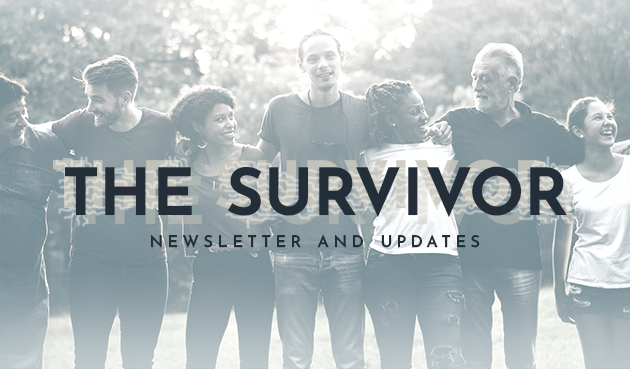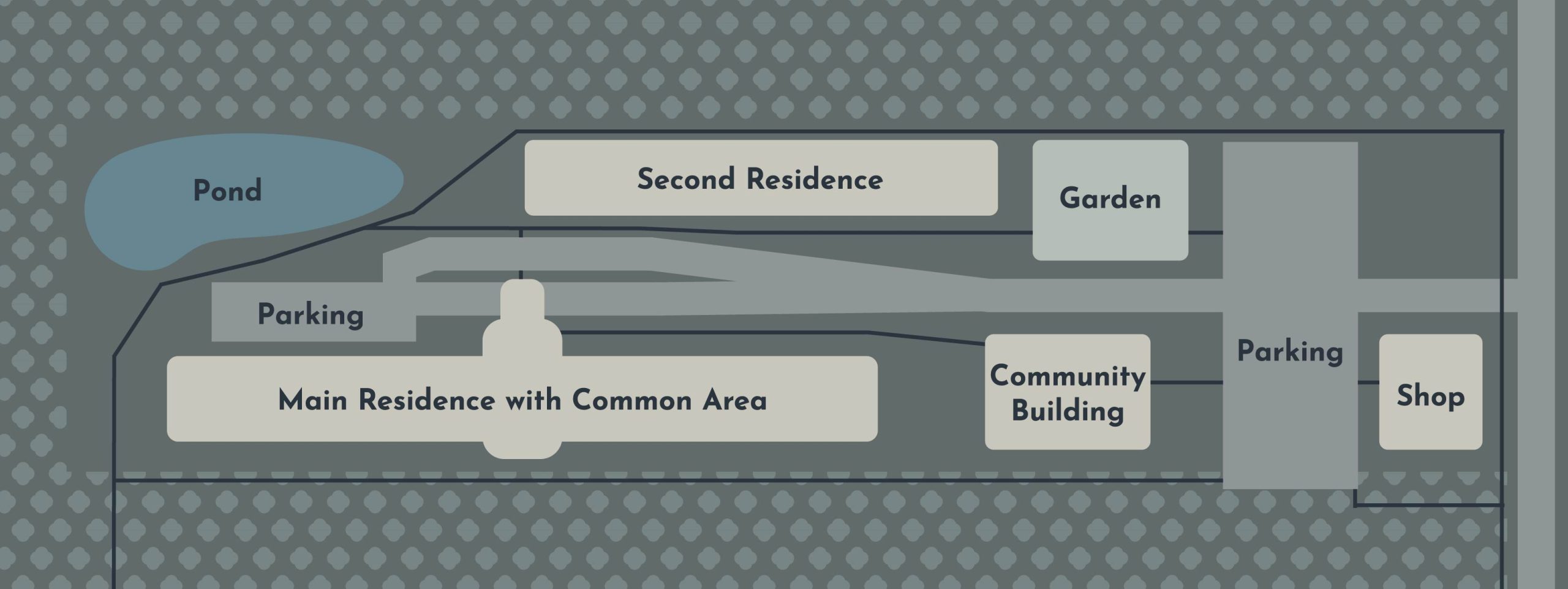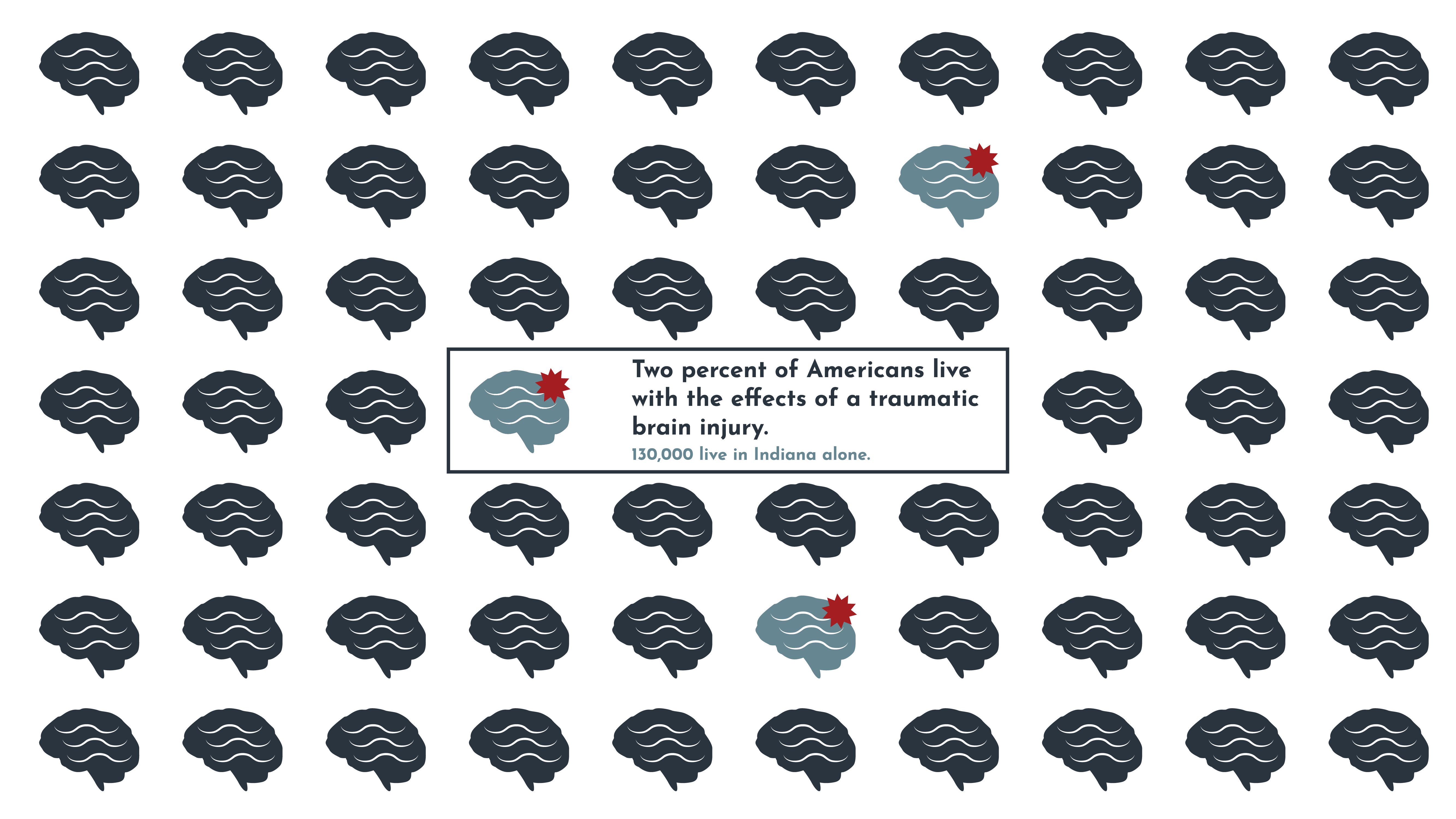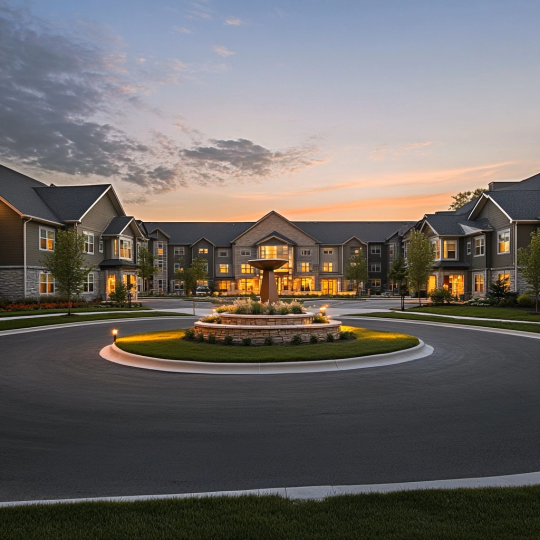Becoming a Resident of Villa Licci
There are five steps to becoming a resident of Villa Licci.
-
Initial Inquiry
Someone reaches out through our website, social media, local support groups, or various other means to inquire about becoming a resident. Or someone is referred to us from the local TBI community and requests more information.
-
Written Application
Each potential resident fills out an extensive application sharing basic information and including all relevant medical information about their TBI and how they manage their daily tasks. This application will be sent out after the initial inquiry.
-
Application Review
The resident assessment committee reviews all applications to determine if Villa Licci is the appropriate residence for the applicant. This part of the process includes interviewing the applicant, their current caregivers and case managers, and potentially their employers and medical providers.
-
Probationary Period
All approved applicants must complete a mandatory probationary period of at least ninety (90) days during which adherence to community standards will be evaluated. Throughout this time, they will be able to participate in all community activities and events, essentially living with all the benefits of a full resident.
-
Permanent Residency
Once a resident has passed the probationary period, he/she will still be expected to adhere to community standards. At this point, a resident could be dismissed only for significant reasons, including violent behavior, harassment of other residents, use/abuse of illegal substances, or engaging in criminal activity. Residents who are at risk of being dismissed will be notified of the behavior or activity that is placing them at risk and a course of action will be created to fix the problem. However, safety of all residents is a priority, so dismissal may be necessary to maintain the well-being of the overall community.
Once the first residential building is complete and we are ready to accept applications, we will notify our newsletter subscribers and anyone who has requested more information.
Sign Up for our Newsletter Join the Resident Inquiry Waitlist















